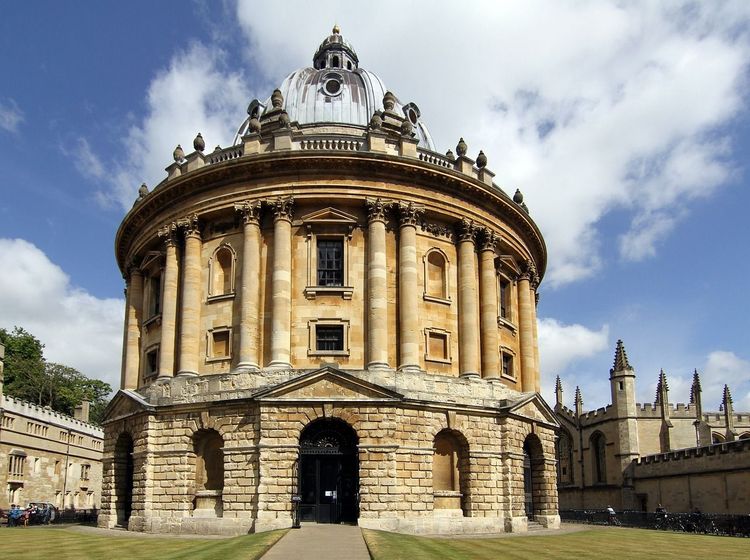AI Weeder Innovation Unveiled by University of Idaho
Most people like

Discover the joy of seamless travel planning with our AI travel planner! Experience a fun, engaging way to craft your dream itinerary while effortlessly curating trips that suit your unique preferences. Let our advanced technology simplify your journey and inspire unforgettable adventures.

Streamline your editing process in Adobe Premiere Pro by automating repetitive tasks. Enhance your workflow efficiency and focus on creativity with automation features designed to save you time and effort. Discover how to elevate your video editing experience today!

Harnessing AI-Powered Role Play to Enhance Sales Performance
Unlock your sales team's potential with innovative AI-driven role play strategies designed to boost performance. By simulating real-world scenarios, these interactive tools provide invaluable feedback and enhance communication skills, leading to increased sales success. Explore how integrating AI technology into training can transform your sales approach and drive measurable results.

Engage your audience like never before by harnessing the power of AI to create interactive stories. With AI technology, you can breathe life into your narratives, allowing readers to make choices that influence the storyline. Discover innovative tools and techniques to transform your storytelling approach and leave a lasting impression. Start your journey in interactive storytelling with AI today!
Find AI tools in YBX



